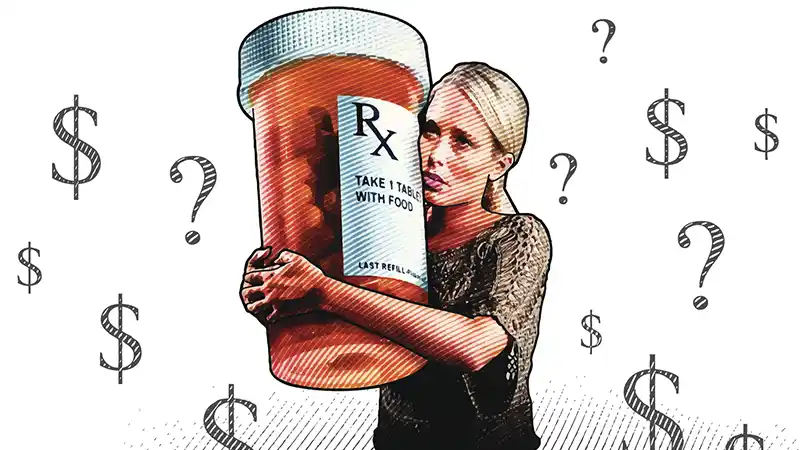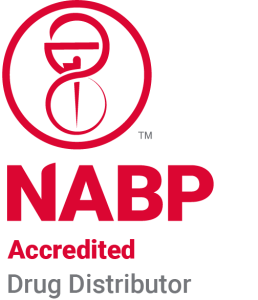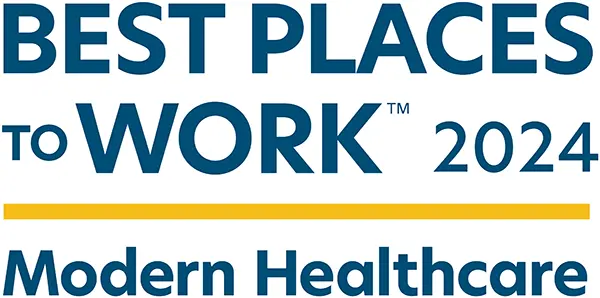FTC Report: PBMs Squeezing Community Pharmacy

The U.S. Federal Trade Commission (FTC) has released a report titled “Pharmacy Benefit Managers: The Powerful Middlemen Inflating Drug Costs and Squeezing Main Street Pharmacies”. The report released this week (July 2024) finds PBM’s profit at the expense of patients and independent pharmacies.
The IPC Government Relations team is reviewing this 73-page document in detail and providing details and insights at a later date. Due to the importance of this report and the message it is delivering to the industry, we wanted to give you quick access to the report and a few high-level findings.
It comes as no surprise to IPC and independent pharmacy owners, in the Executive Summary, the FTC states, “PBMs also exert substantial influence over independent pharmacies, who struggle to navigate contractual terms imposed by PBMs that they find confusing, unfair, arbitrary, and harmful to their businesses. Between 2013 and 2022, about ten percent of independent retail pharmacies in rural America closed. Closures of local pharmacies affect not only small business owners and their employees, but also their patients. In some rural and medically underserved areas, local community pharmacies are the main healthcare option for Americans, who depend on them to get a flu shot, an EpiPen, or other lifesaving medicines.”
The report also finds that the impact of PBMs and their vertical integration is negatively impacting patients and their access to drugs and the prices they pay. Another excerpt from the executive summary states, “But now, after years of acquisitions, the leading PBMs are each part of massive healthcare conglomerates that are often comprised of a health insurer, pharmacies, and the PBM negotiator between health insurers and pharmacies—all rolled into one. The result is that the dominant PBMs can often exercise significant control over which drugs are available, at what price, and which pharmacies patients can use to access their prescribed medications.”
IPC will continue to work on your behalf to fight for PBM reform, improved access for patients and patient outcomes, and provider status for you to serve your community as the most accessible healthcare destination.
PBM Power and Influence:
- PBMs have gained significant control over Americans’ access to drugs and the prices they pay.
- Services are highly concentrated among the largest PBMs (CVS Caremark, Express Scripts, Optum Rx).
- PBMs have expanded their pharmacy dispensing shares of high-priced specialty drugs.
Corporate Restructuring and Concerns:
- Corporate restructuring of PBM rebate negotiation services raises concerns.
- PBMs have expanded into other vertically integrated health care segments, including health insurers, health care providers, and drug private labelers.
Impact on Competition and Costs:
- Increased concentration and vertical integration may enable PBMs to lessen competition, disadvantage rivals, and inflate drug costs.
- Specialty prescription steering to PBM-affiliated pharmacies is a notable concern.
In summary, the report highlights how “amidst increasing vertical integration and concentration, these powerful middlemen may be profiting by inflating drug costs and squeezing Main Street pharmacies.
According to Politico, the Federal Trade Commission (FTC) is getting ready to sue PBM’s over claims they are illegally maximizing profits by steering patients to high-cost drugs. The lawsuit could be filed as soon as this month, though no formal decision has been made. Read the full Politico article here: https://www.politico.com/news/2024/07/10/ftc-pharmacy-insulin-drug-00167342
More information to come.






